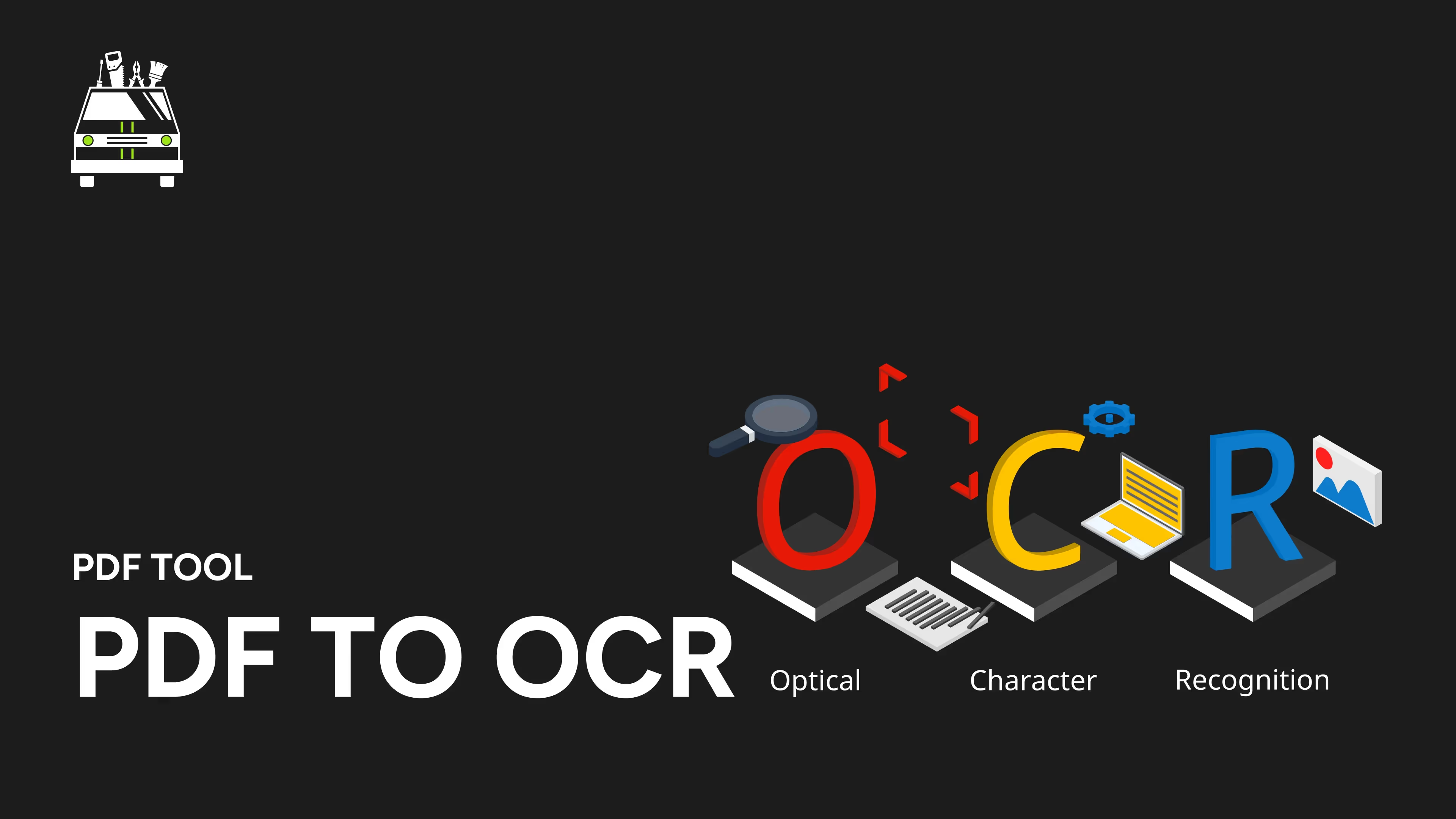Understanding Word Count
Word count is a measure of the number of words in a piece of text. It’s a fundamental metric used in various fields, including writing, publishing, academia, and digital content creation. Understanding word count is crucial for meeting specific requirements, estimating reading time, and ensuring clarity in communication.
The Importance of Word Count
1. Setting and Meeting Goals: Writers often use word count to set daily writing targets and track progress on larger projects.
2. Meeting Requirements: Academic papers, articles, and submissions often have specific word count requirements.
3. Estimating Reading Time: Word count helps estimate how long it will take to read a piece of text.
4. Content Optimization: In digital marketing, word count can affect SEO and reader engagement.
5. Pricing: Freelance writers and content creators often charge by word count.
How Words Are Counted
The process of counting words can vary depending on the context and the tool used. Generally, a word is defined as a string of characters separated by spaces or punctuation. However, there are some considerations:
• Hyphenated Words: May be counted as one word or multiple words, depending on the system.
• Contractions: Words like “don’t” or “isn’t” are typically counted as one word.
• Numbers: Some systems count numbers as words, while others don’t.
• Acronyms and Abbreviations: These are usually counted as single words.
Word Count in Different Contexts
1. Academic Writing:
• Essays and papers often have strict word limits.
• Word count helps maintain focus and conciseness.
2. Creative Writing:
• Novel lengths are often categorized by word count (e.g., flash fiction, short story, novella, novel).
• Poetry may focus more on line count than word count.
3. Journalism:
• Articles are often assigned specific word counts based on their type and placement.
• Headlines and captions have very strict word limits.
4. Digital Content:
• Blog posts and web articles often aim for specific word counts for SEO purposes.
• Social media platforms have character limits, which translate to word count restrictions.
5. Professional Documents:
• Resumes often have recommended word counts to ensure readability.
• Business reports may have word count guidelines to maintain conciseness.
The Impact of Word Count on Writing
1. Clarity and Conciseness: A focus on word count can help writers be more concise and clear in their expression.
2. Pacing: In creative writing, awareness of word count can help with pacing and structure.
3. Reader Engagement: Online content of different lengths may engage readers differently, affecting things like time on page and bounce rates.
4. SEO Performance: Search engines consider content length as a factor in ranking pages.
Tips for Managing Word Count
1. Plan Ahead: Outline your content to distribute your word count effectively.
2. Edit Ruthlessly: Cut unnecessary words to meet strict word limits.
3. Use Active Voice: Active voice is often more concise than passive voice.
4. Break It Down: For longer pieces, set word count goals for each section.
5. Regular Checks: Monitor your word count as you write to stay on track.
Conclusion
Word count is more than just a number; it’s a tool that helps writers structure their thoughts, meet requirements, and engage their audience effectively. Whether you’re a student working on an essay, a novelist crafting a story, or a content creator optimizing for the web, understanding and managing word count is an essential skill in the art of effective communication.
More Free Tools

WEBP TO SVG Converter

Centimeter to Inches Converter
Need a Dedicated Marketing Agency?
Do you need professionals to handle your Branding, Website, SEO, & Paid Ads?


